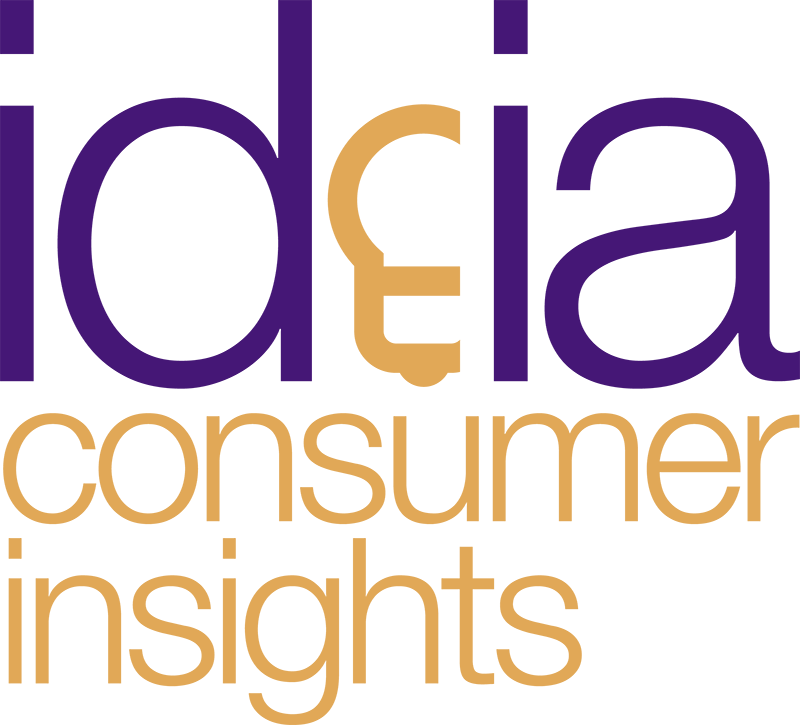What Are the Most Common Challenges in Modern Communication?
In our ever-evolving world, communication has become an integral part of our daily lives. From personal interactions to professional engagements, the way we communicate has undergone significant changes over the years. However, along with these advancements, several challenges have emerged. Understanding these challenges is the first step toward overcoming them. In this article, we will delve into What Are the Most Common Issues with Casino Apps in Bangladesh? https://indiaembassyyangon.net/ faced in modern communication.
The Impact of Technology
Technology has undoubtedly transformed the way we communicate. With the rise of digital communication platforms such as emails, social media, and instant messaging, staying connected has never been easier. However, this dependence on technology brings its own set of challenges:
- Misinterpretation of Messages: Written communication lacks the non-verbal cues present in face-to-face interactions. This can lead to misinterpretation of the sender’s intent.
- Over-Reliance on Text: The convenience of texting and emailing might deter individuals from engaging in more meaningful voice or face-to-face conversations.
- Distraction and Multitasking: Technology can often be distracting. Notifications from our devices can interrupt conversations, making it difficult to maintain focus.
Cultural Barriers
In an increasingly globalized world, communication often occurs between individuals from different cultural backgrounds. These intercultural interactions can lead to misunderstandings for several reasons:
- Varied Communication Styles: Different cultures have unique communication styles. For instance, some cultures may prioritize directness, while others might favor a more nuanced approach.
- Language Differences: Language barriers can create significant challenges, leading to confusion and a breakdown in communication. Even when individuals speak the same language, regional dialects can differ.
- Different Norms and Values: Cultural norms influence how individuals perceive social interactions. What is considered polite in one culture may be viewed as disrespectful in another.
Interpersonal Skills
Effective communication relies heavily on interpersonal skills. However, not everyone possesses strong communication abilities, which can create various obstacles:
- Lack of Active Listening: Communication is a two-way process. Failure to listen actively can lead to misunderstandings and missed opportunities for deeper engagement.
- Emotional Intelligence: Individuals often struggle with recognizing and responding to emotions in themselves and others. This can hinder their ability to connect on a personal level.
- Overcoming Communication Anxiety: Many individuals experience anxiety in communication situations, such as public speaking or participating in group discussions, which can impede their ability to express themselves clearly.
The Role of Social Media
Social media platforms have revolutionized the way we communicate, providing vast networks for information sharing. However, the ramifications of this shift are complex:
- Superficial Connections: While social media allows for easy connections, it often results in shallow relationships that lack depth and meaning.
- Spread of Misinformation: The rapid sharing of information on social media can lead to the spread of false or misleading content, which can distort discussions and create confusion.
- Echo Chambers: Social media algorithms may lead individuals to interact primarily within echo chambers where their beliefs are reinforced, limiting exposure to diverse perspectives.
Personal Accountability and Responsibility
As communication becomes more immediate with the help of technology, personal accountability in communication becomes crucial:
- Respecting Privacy: Sharing private information without consent can lead to breaches of trust, making individuals wary of openly communicating.
- Appropriateness and Context: Understanding the context for communication is vital. What may be acceptable in one setting might be deemed inappropriate in another.
- Clear and Honest Expressions: People should strive to communicate their thoughts and feelings clearly and honestly to prevent misunderstandings.
Improving Communication Skills
While challenges in communication are prevalent, several strategies can help individuals improve their skills:
- Practice Active Listening: Engaging fully in conversations and showing genuine interest can enhance understanding and connection.
- Seek Feedback: Requesting feedback on communication styles can provide valuable insights for improvement.
- Develop Empathy: Trying to understand others’ perspectives can help in navigating cultural and emotional differences more effectively.
- Invest in Learning: Continuous development through workshops, courses, and reading can bolster communication proficiency.
Conclusion
Understanding what are the most common challenges in communication is essential for navigating the complexities of our interconnected world. By recognizing these obstacles—be they rooted in technology, culture, or personal skills—we can take proactive steps to enhance our communication. Through diligence and a commitment to improvement, effective communication is not just achievable but can lead to enriched personal and professional relationships.
Betty Wainstock
Sócia-diretora da Ideia Consumer Insights. Pós-doutorado em Comunicação e Cultura pela UFRJ, PHD em Psicologia pela PUC. Temas: Tecnologias, Comunicação e Subjetividade. Graduada em Psicologia pela UFRJ. Especializada em Planejamento de Estudos de Mercado e Geração de Insights de Comunicação.

